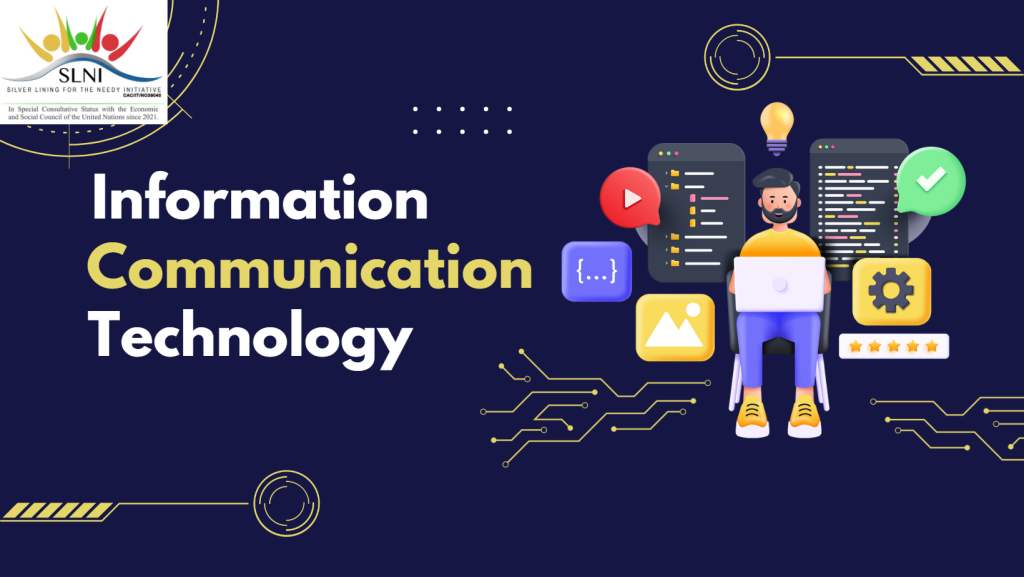This is a demo store for testing purposes — no orders shall be fulfilled. Dismiss


By: Chiduzie Modestus Onyema
Introduction: Information and Communication Technology (ICT) refers to the combination of manufacturing and service industries that capture, transmit, and display data and information electronically. It also describes the whole range of processes involved in the generation, storage, transmission, retrieval, and processing of information. It helps in breaking the walls of time, distance, and speed in the educational sector. Moreover, many people identify ICTs as catalysts for change in handling and exchanging information, teaching strategies, teaching methods, learning approaches, scientific research, and accessing information.
Role and Importance of ICTs: ICTs have developed as powerful tools for the dissemination of knowledge and information. Quality education traditionally was associated with strong and dedicated teachers of high caliber, but education was teacher-centered. ICTs have also influenced student-centered learning by providing more creative solutions to different types of learning inquiries.
The major importance of ICT in Nigeria
Issues and challenges in the use of ICTs
Silver Lining Initiative (SLNI) is an indigenous non-profit Organization established in 2009 to promote the spread of humanitarian aid through its broad spectrum of projects and activities.
+234 807 496 7427
info@slni.org
Maitama, FCT 904101,Abuja
© 2026 Silver Lining Initiative – All rights reserved
This is a demo store for testing purposes — no orders shall be fulfilled. Dismiss